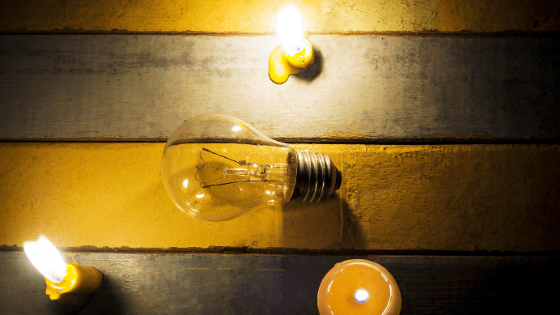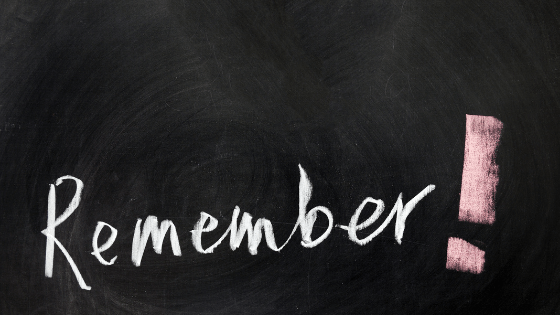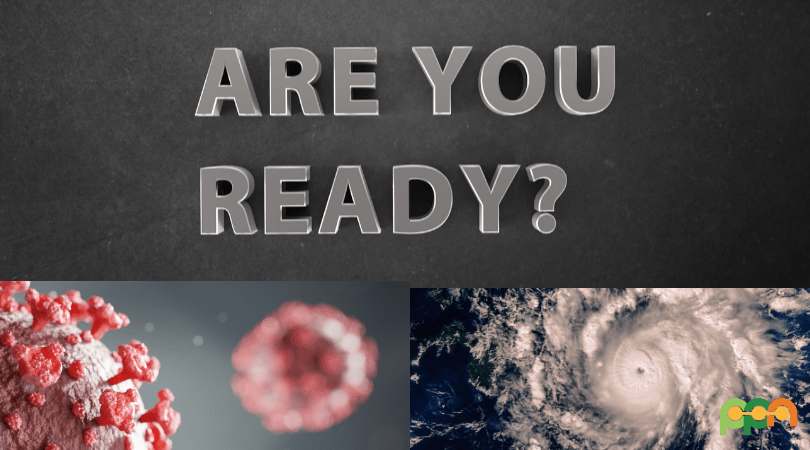Just when you thought you had the worst year because of COVID19 – an infectious disease that has spread worldwide and killed millions and which to date has no cure yet though vaccines are available, another natural disaster, a hurricane is coming.
Strong winds, storm surge flooding, heavy rainfall that can lead to flooding, tornadoes, and rip currents are expected with hurricanes.
Although it is one of the few disasters that can be detected and predicted, still, hurricanes cannot be completely predictable as the storm may dramatically change its course and/or gain power.
Thus, it always helps to be prepared.
Consider thinking of buying and stocking up on basic necessities, whether you shop in person or online. You may check out great deals from Rakuten, Honey, and Instacart.
Below are ways on how to survive a hurricane during a pandemic.
-
No Water? No Problem.
My friend Lee who experienced 8 days with no electricity, said he was caught off guard. Had he ahead, he could have saved more water for cleaning and drinking so he wouldn’t have to go out to buy water. Not only because it is unsafe to actually go out of the house during that time, but it was costly.
That’s why if the water supply fails, make sure you have saved enough.
Stock up with drinking water, energy drinks, and fruit and veggie juices. This will keep you healthy and hydrated at the same time.
Fill all the containers at home with water for washing and cleaning. This includes your bathtubs. It’s a perfect water vessel to use in the toilet.
Make sure you have stocked up on Toilet paper, Alcohol, Antibacterial Soap, Hand Sanitizer, Disinfectant cleaners. These are needed to keep your hands clean all the time. Because even during typhoons or hurricanes, infections (like COVID19) don’t take a holiday.
-
No Electric Supply? It’s Alright.

Since power outages seldom occur in the US, Lee wasn’t prepared at all. Having experienced more than a week of no electricity, he swears getting a generator is a good investment.
Charge your power banks, emergency lights, and portable electric supply. Cook first those that are inside your refrigerator before opening canned goods.
Even after the hurricane is over, you may find your power is still out for an extended period of time. You may want to learn more about what to expect and how to go about it surviving without electrical power, or the advantage of having solar power.
-
When Worse Comes to Worst, Be Emergency Ready.
Have first aid kits and machines (nebulizer, rechargeable sphygmomanometer, thermometer) ready. Keep emergency drugs preparation such as Tylenol, Vitamin C, Vitamin D, Zinc, Cough medicine, Cold and flu medicine handy.
Should any member of the family experience any flu-like symptoms, it is better that you have your own digital monitoring devices to check to verify first rather than rushing to the hospital during this time.
-
No Cell Connection? We’re Fine.
COVID19 forced you to stay at home and having a hurricane shouldn’t make you leave your home if you’re safe there.
Expect the worst.
In the event that cell reception is down, you should have other communication devices with you such as handheld radio, or an emergency radio so, you can get communications from your local officials, and hospitals if needed.
Keep yourself occupied by reading a good book. It’s also a perfect excuse to go dramatic and romantic by going down memory lane. Explore some of the activities you and your family can do during a disaster and turn this time into a blessing in disguise. Just be creative.
-
Flood? Easy-peasy!
No matter how prepared you are, if your area is under the threat of flood, you must be prepared to leave.
Discuss backup and evacuation plan with your family. Make sure everyone is properly informed and guided.
Fill your gas tank. Have a go-bag ready, and keep your face masks and alcohol within your reach.
According to Lee, on the first two days after the hurricane, they couldn’t leave their house. Aside from flooded roads, trees fell due to the strong wind and blocked the driveways. Plus, electrical wires, often live ones, were submerged in the floodwater.

Most importantly, you must be aware of high-risk individuals in your family.
- elderly
- people with low immune system and/or preexisting autoimmune disease
- people suffering from chronic and pre-existing conditions like diabetes, asthma, heart disease, etc.
They will need more precaution and attention the whole time. Always check on them from time to time.
All in all, my friend’s takeaway from this event is to always have a backup plan.
We cannot stop a pandemic (COVID19) nor a natural disaster (hurricane) from taking place. But we can keep ourselves safe by being knowledgeable, well equipped, and mentally alert.
Getting these preparations together and learning new skills takes practice. It’ll take time before you’ll master the art of being practically prepared all the time.
But don’t delay. Start today. Do a little more each week. Learn a new skill each month. Soon you’ll be more fully prepared for most unexpected emergencies that come your way.
